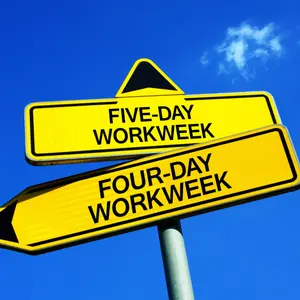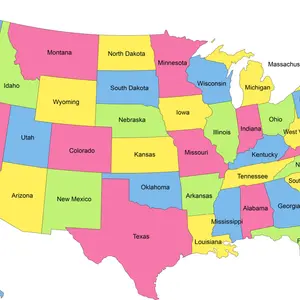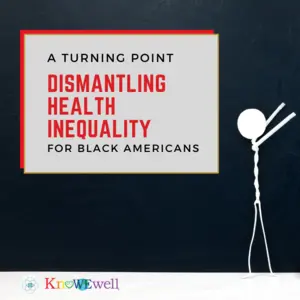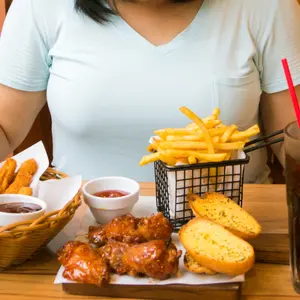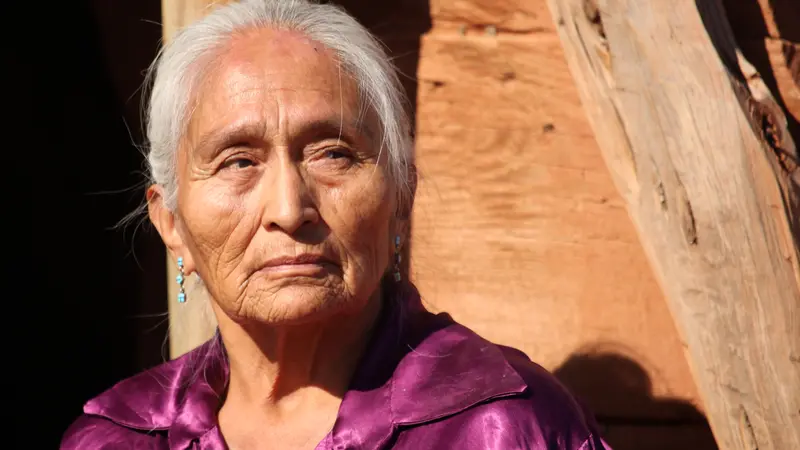

Mental and Behavioral Well-Being

Mental and Behavioral Well-Being
Indigenous Communities Face Mental Health Crisis in Wake of Pandemic
As is now widely acknowledged, the COVID-19 pandemic has laid bare health disparities among vulnerable populations. North American indigenous communities, where poverty is rampant and healthcare access limited, have been particularly hard hit by the virus, resulting in a rise in mental health issues.
Native American adults have the highest risk of developing severe illness from the COVID-19 virus compared to all other racial and ethnic groups, according to a report from the Kaiser Family Foundation. In New Mexico, Native Americans represent only 8.8% of the population but account for over 60% of COVID deaths.
Mental Health America (MHA) reports that 19% of the Native American and Alaskan Native population experienced mental illness in the last year. Experts believe pandemic-related grief and trauma are the root cause.
Even before the pandemic, indigenous populations in the US and Canada had a higher risk of mental health problems than the general public. The suicide rate for young Native Americans aged 15 to 19 is more than twice that of non-Hispanic Whites. Experts say the history of racism, abuse, and marginalization experienced by this population created a higher prevalence of mental health concerns. The practice of removing children from their homes and sending them to boarding school in order to assimilate into mainstream culture was common for decades in the US and Canada.
Dr. Donald Warne, associate dean of diversity, equity, and inclusion at the University of North Dakota School of Medicine & Health Sciences, says “We [also] have a long history, unfortunately, of forced boarding school participation . . . and people were abused in these schools.” Research has shown that exposure to adverse childhood experiences among Native Americans has led to higher rates of depression, post-traumatic stress disorder, substance abuse, and suicide, says Dr. Warne.
The social isolation that came with pandemic mitigation measures has further increased the risk for mental health issues. Traditional practices involving large social gatherings have been canceled and many mental health services have closed. While data in the US are limited, data from Statistics Canada show 60% of indigenous adults in Canada reported their mental health had worsened after physical distancing measures were enacted. The suicide crisis among indigenous youth in Canada has also worsened during the pandemic.
Christopher Mushquash, psychologist and research chair of Indigenous Mental Health and Addiction at the Canadian Institutes of Health Research, says the assimilation practices of the past have taken an intergenerational toll on the mental health of indigenous people: “The pandemic really makes clear just how big some of the gaps are and, indeed, where they are.”
Access to mental health services is lacking. Dr. Warne points out that many Native Americans rely on Medicaid for mental health services, but in South Dakota there are no community mental health centers located on reservations, where the greatest need is.
Healthcare professionals working with indigenous communities say mental health resources are available for those who need them. They recommend seeking out mental health professionals who are themselves indigenous, as well as looking for support groups and elders within the community to talk to. Myron Lizer, Navajo Nation vice president, suggests staying connected with relatives and neighbors, exercising, eating healthy, and taking time to breathe deeply, stretch, or pray. He says, “We must protect ourselves and others.”
Mental health resources are also available online through the National Indian Health Board’s COVID-19 Tribal Resource Center, MHA, and the Centers for Disease Control and Prevention (CDC).
REFERENCES
Sandoiu, A. (2020, July 6). The effects of COVID-19 on the mental health of indigenous communities. Medical News Today. https://www.medicalnewstoday.com/articles/the-effects-of-covid-19-on-the-mental-health-of-indigenou…-


 By
By




